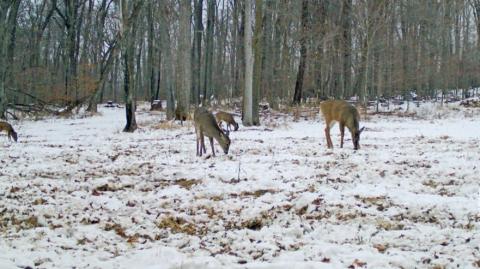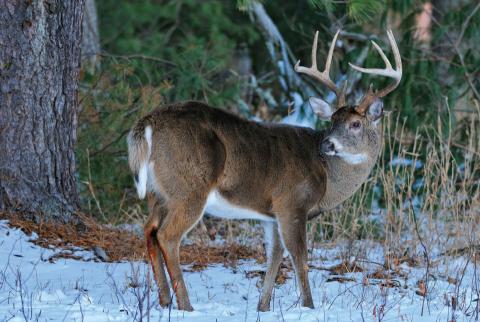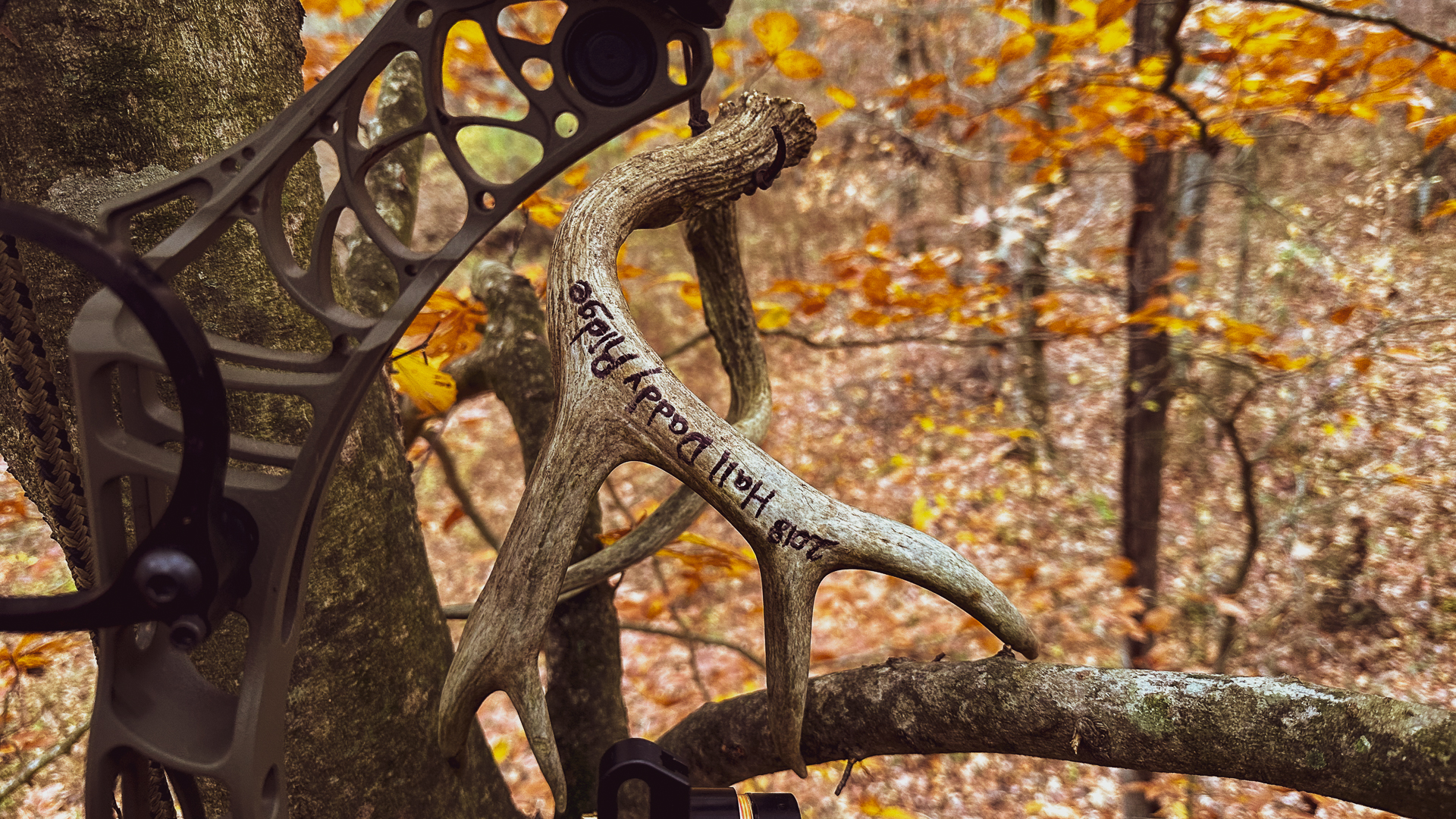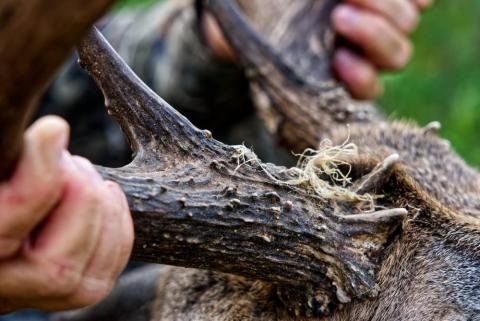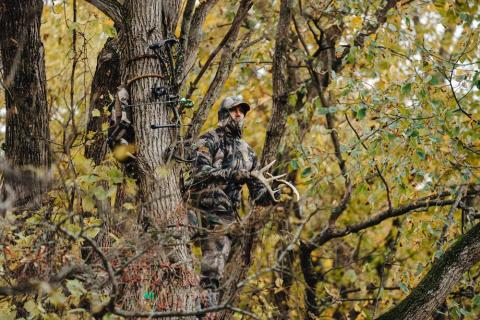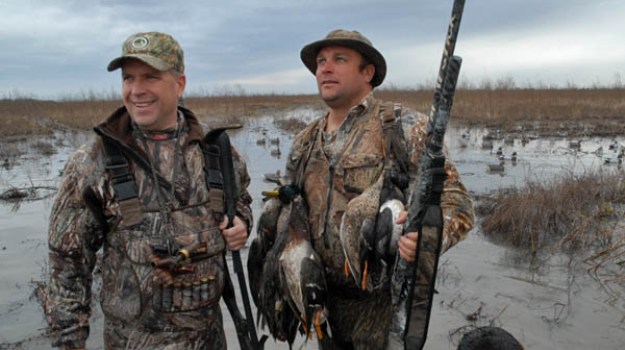
Delta Waterfowl continues to evolve to serve the needs of ducks and duck hunters across North America. President Frank Rohwer lays out organization’s strategic plan in the Spring Issue of Delta Waterfowl magazine.
“We recognize that ducks and duck hunters face a variety of challenges, from habitat loss, declining duck production, fewer new hunters, access issues and threats to our hunting heritage,” Rohwer said. “Delta Waterfowl is uniquely positioned to address the needs of ducks and duck hunters, both today and tomorrow.”
Ducks Today: Increasing Duck Production
Declining wetland and upland nesting habitat, coupled with high predation rates, reduces duck production. Nest success in many areas of the prairie breeding grounds is dismally low, often below 10 percent.
Delta Waterfowl is addressing this challenge by expanding the impact of duck production tools that our research has shown to be effective — in particular, predator management and Hen Houses. Delta’s programs using these tools have proven to be the most cost-effective methods to increase annual duck production. Delta’s programs allow duck hunters to directly support duck production — birds that will fly south this season.
Ducks Tomorrow: Enhancing Habitat for Ducks
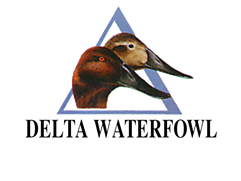 Ducks can’t thrive or be as abundant as we would like without the proper habitat. The small wetlands and ample nesting cover on the breeding grounds and habitat elsewhere ducks visit on their annual cycle is the very foundation of our duck populations.
Ducks can’t thrive or be as abundant as we would like without the proper habitat. The small wetlands and ample nesting cover on the breeding grounds and habitat elsewhere ducks visit on their annual cycle is the very foundation of our duck populations.
Delta has long recognized the best means of securing the habitat base for breeding ducks comes through public policy. The decisions made in Washington D.C. and Ottawa, as well as state and provincial capitals, drive land use, and thus, the habitat base for ducks. These actions by government, because of their sheer magnitude, continue to dwarf the efforts of the conservation community in direct habitat work.
Because of these realizations, Delta’s efforts for habitat and ducks tomorrow are focused on policy work. Delta’s Alternative Land Use Service vision continues to gain momentum in Canada, while our efforts in the United States to collaborate with agricultural leaders help ensure a strong habitat base and more ducks for tomorrow.
Duck Hunters Today: Creating and Safeguarding Opportunities
Area closures, access issues and regulations all impact hunters — in many instances, they stop hunters from enjoying time afield. Study after study has documented that quality access is the No. 1 issue for hunting participation. Yet rarely a week goes by when we don’t hear from our members and volunteers about a proposed restriction on access.
Delta Waterfowl is the voice of duck hunters in North America. Delta Waterfowl partners with hunters in communities across the United States and Canada to maintain access, often when local hunters had no other group in their corner. And Delta has been a leader on a host of issues ranging from scaup harvest regulations in the United States to eliminating the gun registry in Canada.
Delta is resolve in its unflinching commitment to fight on every level — federal, state, provincial or local — in partnership with our chapters and members on any issue that threatens duck hunters today.
Duck Hunters Tomorrow: Recruiting Hunters
All of us want to see waterfowl hunting carry on for generations. Yet, with declining rates of hunting recruitment and participation, the long-term future for duck hunting is in question.
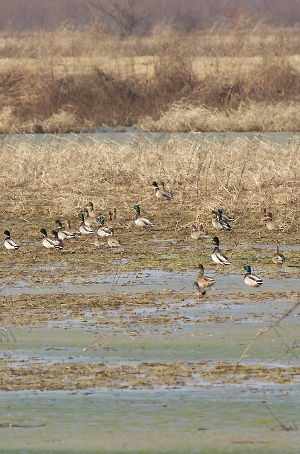 In 2001, Delta launched a mentored hunting program that morphed into today’s First Hunt program. First Hunt has become the largest waterfowl specific hunter recruitment program in North America. Delta’s program vision coupled with the dedication and hard work of our volunteer committees across the United States and Canada, ensures the next generation of duck hunters get a proper introduction to the duck blind. First Hunt participants are mentored by local volunteers, mentors who are passionate about duck hunting. The program provides skills, techniques, equipment, and access to opportunities to hunt ducks and geese.
In 2001, Delta launched a mentored hunting program that morphed into today’s First Hunt program. First Hunt has become the largest waterfowl specific hunter recruitment program in North America. Delta’s program vision coupled with the dedication and hard work of our volunteer committees across the United States and Canada, ensures the next generation of duck hunters get a proper introduction to the duck blind. First Hunt participants are mentored by local volunteers, mentors who are passionate about duck hunting. The program provides skills, techniques, equipment, and access to opportunities to hunt ducks and geese.
By instilling and sharing the knowledge and traditions of waterfowling with thousands of people annually through grassroots recruitment efforts, Delta strives to ensure a bright future for duck hunters tomorrow.
Delta’s Plan is Your Plan
Delta Waterfowl’s new strategic plan is built upon our historic organizational strengths, but organized around the key needs of duck hunters. This work, coupled with our legendary capacity as a research organization, ensures Delta’s mission and programs are built around the right efforts to address the most pressing needs of ducks and duck hunters.
“We are charting a course based on these very real needs and these program solutions,” Rohwer said. “With a clear, well-articulated plan, Delta’s success in securing the future of ducks and duck hunting is a lofty, but attainable goal. Hunter support is a critical to Delta Waterfowl. As The Duck Hunters Organization, we are on a path to ensure the betterment of ducks and duck hunting, both today and well into the future.”
For more information, contact John Devney (888) 987-3695 ext. 218, or jdevney@deltawaterfowl.org.
Delta Waterfowl Foundation is a leading North American waterfowl conservation organization, tracing its origins to the birth of the wildlife conservation movement in 1911. Visit www.deltawaterfowl.org.



















